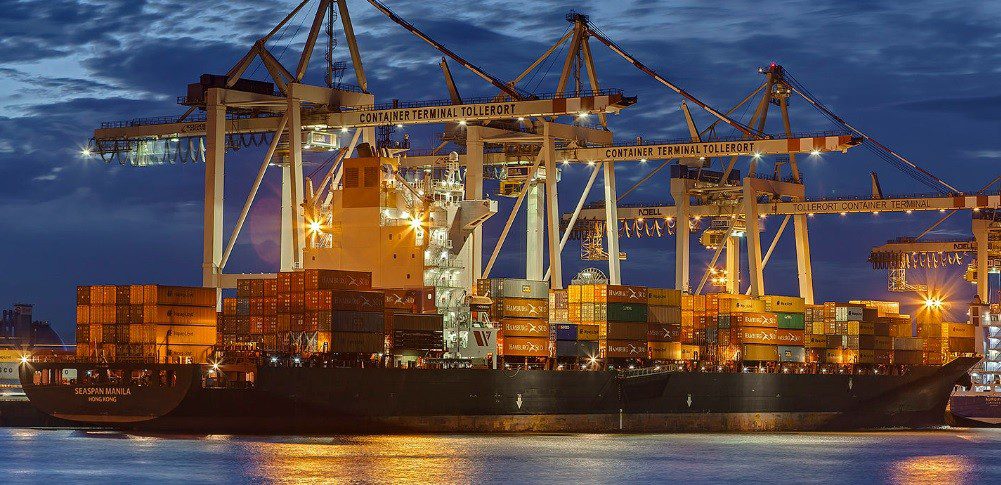India’s largest state-owned shipping company, Shipping Corporation of India (SCI), will launch a large-scale new shipbuilding program, planning to order 26 new ships from domestic shipyards in response to the government’s call to support “Made in India” vessels.
According to foreign media reports, the project is valued at approximately $2.3 billion (about RMB 16.512 billion), with the new ships to be delivered in phases, adding a total capacity of 1.18 million gross tons. If the plan proceeds smoothly, SCI’s fleet size will significantly increase from its current 55 vessels (including tankers, bulk carriers, container ships, and offshore vessels).
This initiative is part of a broader procurement plan by state-owned industries in India, including fertilizers and steel, aligning with the Indian government’s strategic deployment to expand the national fleet and enhance shipbuilding capabilities. It also supports the national goal of reducing reliance on foreign shipbuilding. It is estimated that government-backed enterprises will order 207 ships, with a total value of nearly INR 1.5 trillion (about RMB 123.086 billion).
Earlier this year, the Indian government announced a multi-billion-dollar investment plan covering the shipping and shipbuilding sectors. Under current targets, India aims to increase the proportion of domestically built tankers in its fleet to 7% by 2030 and raise this figure to nearly 70% by 2047 (the year India strives to achieve developed economy status).
SCI’s anticipated orders may become the largest shipbuilding plan by a single Indian shipowner in recent years, marking a shift in procurement strategy toward domestic shipyards. Although specific ship types have not been officially disclosed, the orders are expected to include crude oil tankers, product tankers, and dry bulk carriers.
This fleet expansion plan aligns with other government-led initiatives, including the proposed public-private national container shipping company Bharat Container Line, which aims for a fleet size of up to 100 vessels (including bareboat charters), though a specific timeline has yet to be determined.
To enhance its influence in global trade, India has signed multiple maritime cooperation agreements with international shipping giants such as Mediterranean Shipping Company (MSC), Maersk, and CMA CGM, aiming to strengthen port and logistics infrastructure.
Notably, in addition to domestic orders, SCI is reportedly in talks with Chinese and South Korean shipyards, including South Korea’s “Big Three” and major Chinese private shipbuilders such as New Times Shipbuilding and Hengli Heavy Industries, to order 2 VLCCs and 2+2 16,000 TEU container ships, with a total order value nearing $1 billion (about RMB 7.179 billion).
In recent years, driven by Prime Minister Narendra Modi’s “Atmanirbhar Abhiyan (Self-Reliant India)” initiative, India has been vigorously supporting the development of its shipbuilding industry. The “Self-Reliant India” goal is to build a robust domestic supply chain and industrial ecosystem, positioning India as a global economic powerhouse. The initiative addresses both immediate livelihood concerns, such as employment, and long-term strategies for economic recovery and revitalizing local manufacturing. Its essence lies in expanding production capacity while securing domestic demand, addressing gaps in India’s supply and industrial chains, and providing new growth momentum for the economy.
It is understood that India currently has 28 shipyards, of which 6 are under central public sector enterprises, 2 under state governments, and 20 under private ownership. Indian shipyards primarily construct small and coastal vessels, accounting for less than 1% of the global shipbuilding market share.
Earlier this year, India’s federal shipping ministry proposed that SCI establish a joint venture with a public-sector oil marketing company to build VLCCs domestically. This move would help ensure energy security, as locally built VLCCs would reduce India’s reliance on foreign vessels and insurers while mitigating risks posed by sanctions in wartime scenarios.
In early June, India announced plans to establish a new national shipping company within the next decade and expand its fleet to 1,000 vessels. The new company will receive seed funding of approximately INR 300 billion ($3.6 billion) from the Maritime Development Fund and collaborate with major port authorities. Additionally, India is encouraging state-owned enterprises to sign 15-year charter agreements with the new company to facilitate low-cost, long-term loans for shipbuilding.





